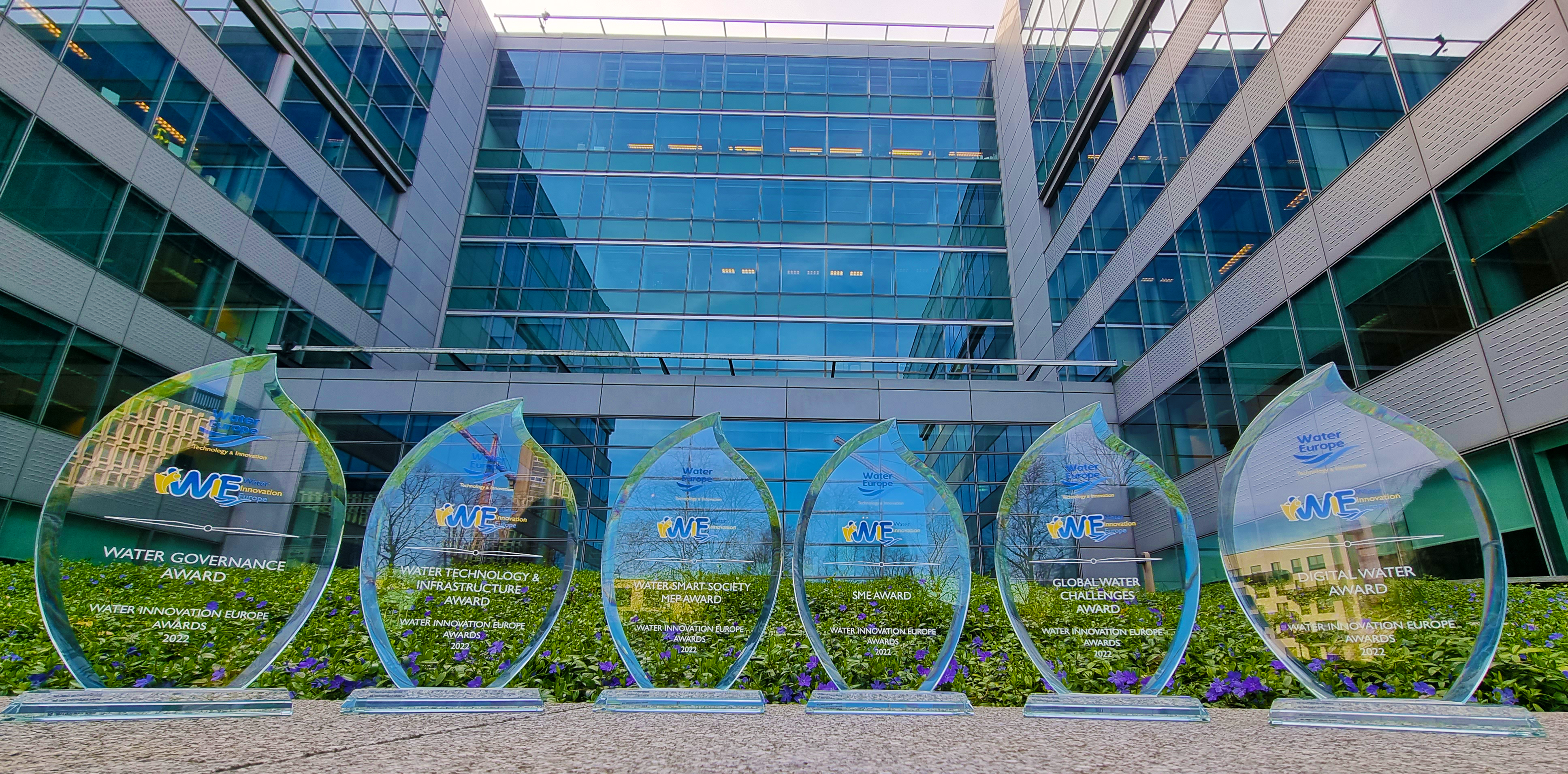
by Jens Prisum, Leader of WssTP Cluster ‘Water Smart Cities’
Why is it important to have a Cluster dedicated to the theme ‘Water Smart Cities’?
In Europe, as well as, globally the trend is for more and more people to live in cities. This means that the demand for clean water and proper sanitation in cities is rising dramatically. Urban development, also, increases the area of paved land, which – combined with more heavy rainfall and rising water levels from climate change – increases the risk of flooding. Other cities have to react to water scarcity caused by overuse and droughts.
These challenges call for the development of water smart cities where urbanization goes hand in hand with sustainable water management. Thus, they will form the basis for the work of the Water Smart Cities Cluster.
How is the Cluster ‘Smart Water Cities’ going to drive the way to the implementation of the WssTP Water Vision 2030?
The Cluster Smart Water Cities will focus on the concept of Living Labs where the different stakeholders of the urban water cycle contribute to the process of making this more sustainable. The stakeholders will, among others include municipalities and other local government organizations, utilities, universities, industry and citizens etc.
For the coming 2 years, our main focus will be on the development of the WssTP Smart Water Cities Living Lab concept. In cooperation with other WssTP clusters, we have already initiated an inventory of existing Water Living Labs throughout Europe. The results of this will be presented at conferences and other events. Existing living labs will be invited to participate in this process.
What are the key actions the Cluster has identified to bring
research and innovations from the SIRA to the market?
In close cooperation with the WssTP Working Groups, the Smart-Water Cities Cluster will focus on the use of existing or new Living Labs to act as sites for demonstration of new solutions, exchange of best practices, identification of emerging needs, and broadening the vision building across Europe.
Attention will be given on the reduction of water use for urban purposes, the development of new business models, digitalization, conscious water management in urban planning, enhanced resilience against climate change, conversion of wastewater treatment plants to resource recovery facilities and participatory governance models towards fully circular models and practices of water.




